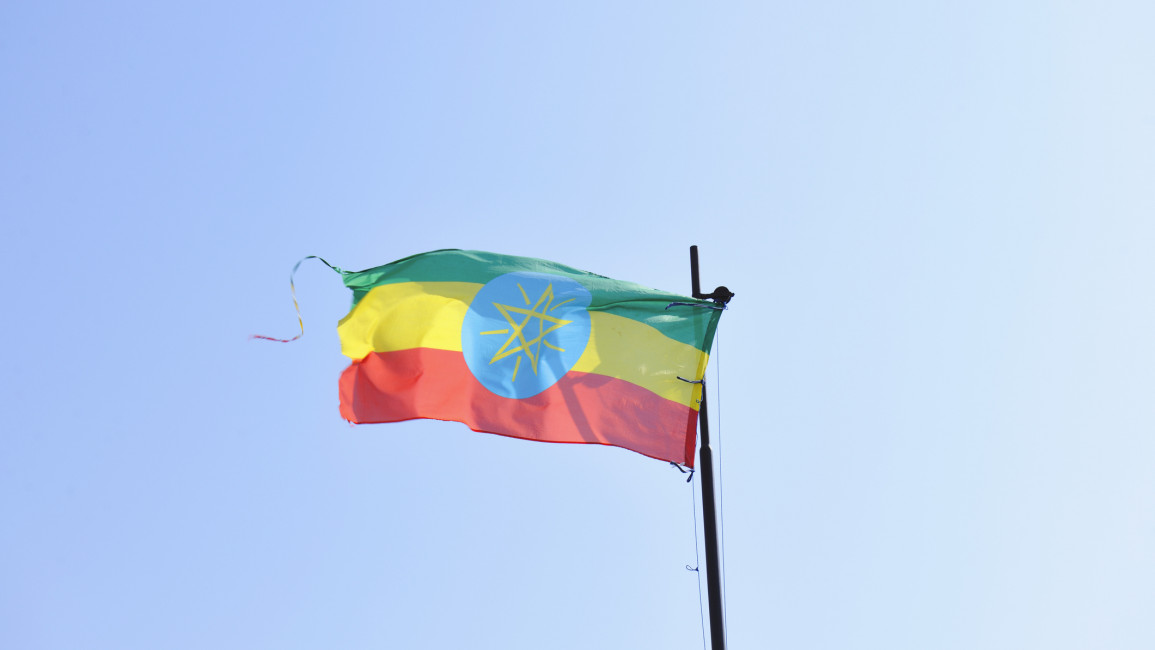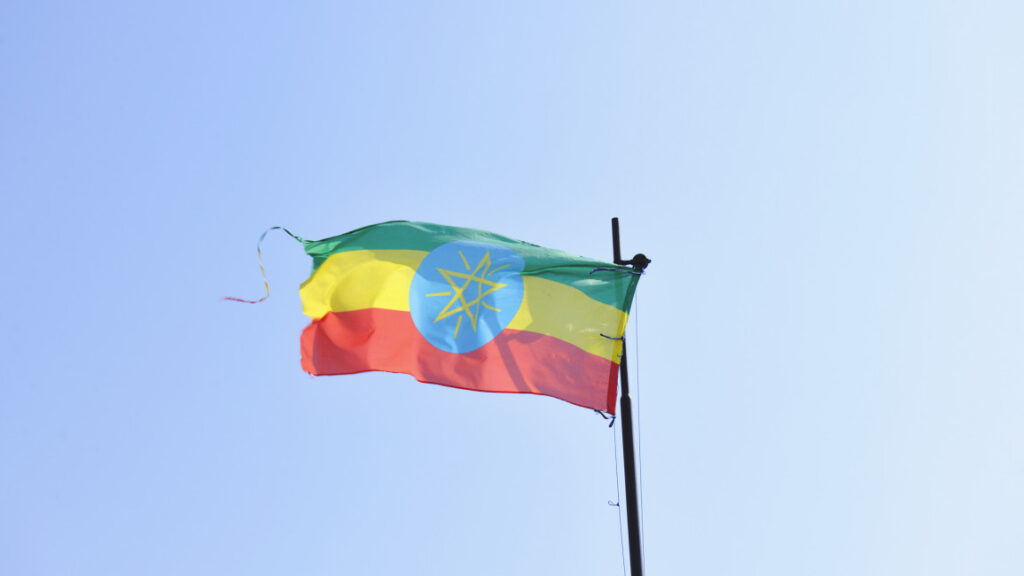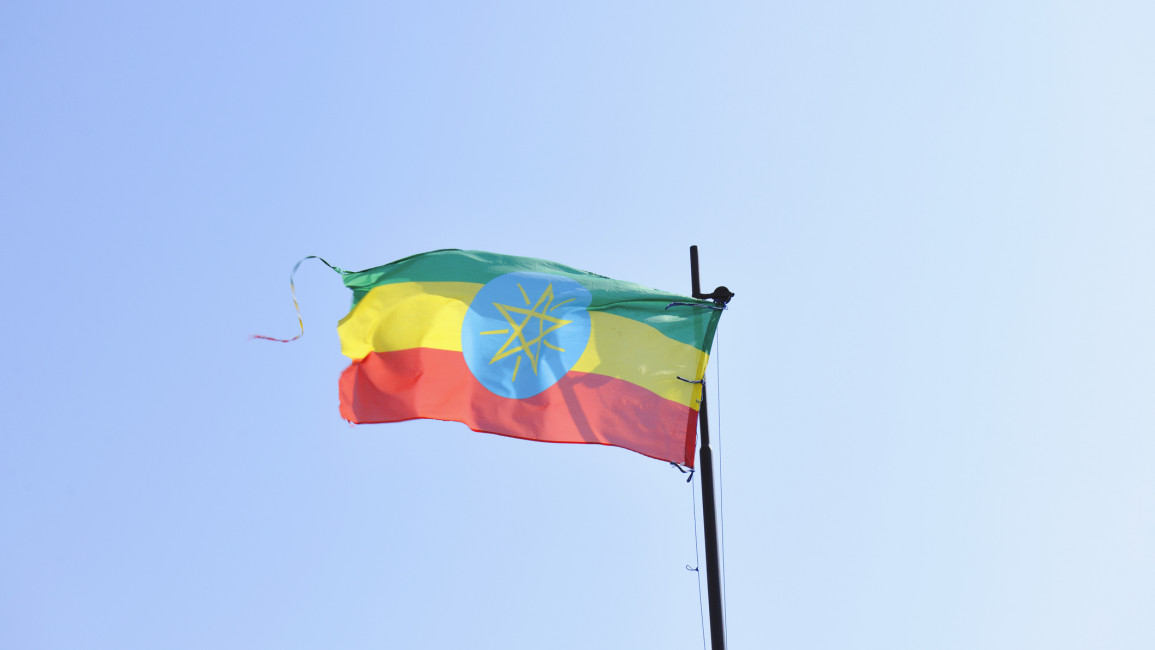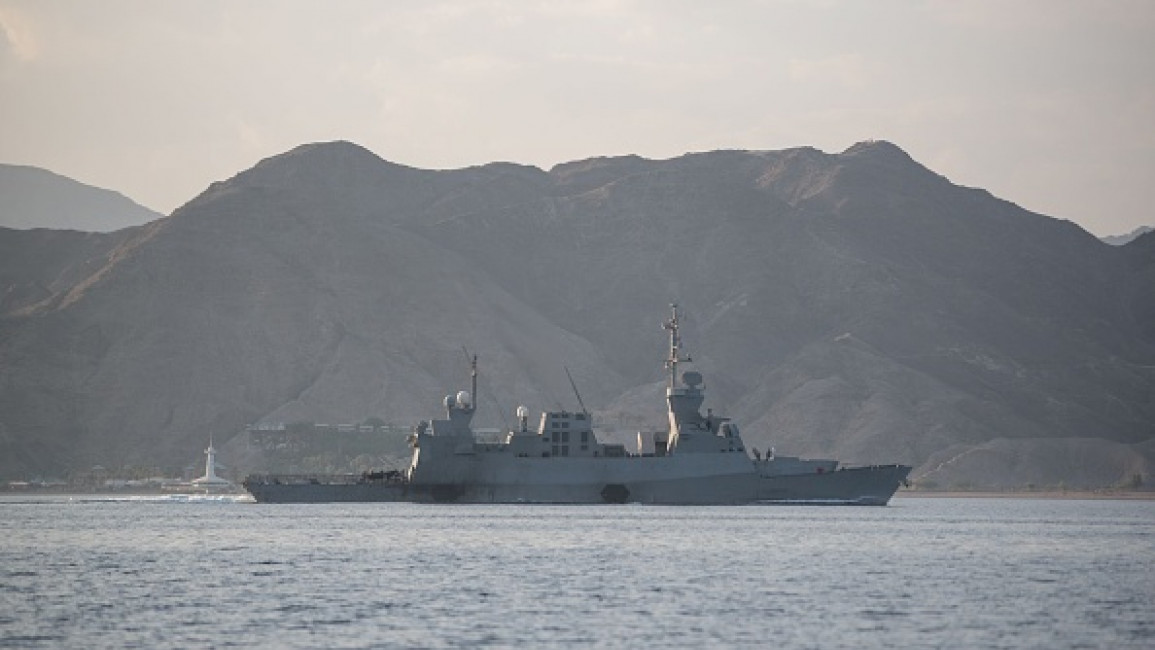
Analysis: Ethiopia’s potential transformation into a maritime power in the Red Sea will create new regional allies, but also enemies.
On 1 January 2024, Ethiopia and Somaliland, a breakaway region of Somalia, signed a controversial agreement granting Addis Ababa access to the Red Sea.
Under the agreement, Somaliland agreed to lease 20 kilometres of its coastline to landlocked Ethiopia for 50 years in return for promises to recognise its independence.
This arrangement will provide Ethiopia unhindered access to the Red Sea, enable it to use the Berbera port for export-import activities, and build a naval military base.
Dubbed a ‘historic’ agreement by Ethiopia, this marks a strategic shift for Addis Ababa, which lost its direct sea access following Eritrea’s declaration of independence in 1993. Post-separation, Ethiopia primarily relied on Eritrea’s Assab Port but lost access during the conflict between the two nations from 1998 to 2000, prompting a shift to Djibouti’s port to facilitate its trade.
The Somali government has denounced the deal as a violation of its sovereignty and territorial integrity. Somalia’s strong objection included recalling its ambassador from Ethiopia while Somalia’s President Hassan Sheikh Mohamud signed a law nullifying the port deal.
“If Ethiopia were to become a major maritime force in the Red Sea, it could significantly increase its influence and importance to certain countries, such as the UAE, Israel, and the US”
Significant public and political opposition within Somalia has also emerged. Prominent figures have expressed serious concerns about the agreement’s implications for Somalia’s sovereignty and regional stability.
The Arab League, of which Somalia is a member, has supported Mogadishu against Ethiopia, accusing Addis Ababa of attempting to violate Somali sovereignty and labelling it as a violation of international law and a threat to Somalia’s territorial integrity.
The European Union also issued a statement directed at Ethiopia, emphasisingthe importance of respecting the unity, sovereignty, and territorial integrity of Somalia. The US State Department issued a statement expressing its concern regarding the agreement and urging all stakeholders to engage in diplomatic dialogue.
Ethiopia has long had ambitions to gain independent access to the sea. In a statement to the Ethiopian parliament last October, Prime Minister Abiy Ahmed emphasised that sea access is an existential matter for his country.
He referenced a statement by a 19th-century Ethiopian military leader, Ras Alula, who declared that the Red Sea is Ethiopia’s natural border, asserting that Addis Ababa will secure its sea access by any means necessary, including force. Eritrea, Djibouti, and Somalia have denounced the Ethiopian claims.
The Emirati role
In response to the rising criticism against their agreement, Ethiopia and Somaliland recalled the fact that several countries signed agreements with the internationally unrecognised Somaliland, including developing its port, and no such concerns were raised at the time. The response cites the UAE without explicitly naming it.
The agreement is expected to strengthen the security, economic, and political partnership between Ethiopia and Somaliland, and insert Ethiopia as a powerful player in the Red Sea region dynamics. The agreement raises questions on a possible Emirati role given Abu Dhabi’s exceptional relation with Somaliland and its newly rising ties with Ethiopia.
The UAE has played a significant role in the development of the Port of Berbera in Somaliland, highlighting its strategic interest in the Horn of Africa. In May 2016, DP World, a Dubai-based maritime trade conglomerate, signed a $442 million agreement with the government of Somaliland to develop the Berbera Port as a regional trade hub. This project not only involves the operation of the port but also the establishment of a free zone as part of the development.
|
|
The UAE also committed to building a military base next to the city’s airport and its seafront, which it was said at the time, would be used to fight the Houthis. In March 2018, Ethiopia acquired a 19% stake in the Berbera Port project.
The UAE’s involvement in the Horn of Africa, particularly through DP World’s initiatives, aligns with its strategic objectives to establish cooperative governments along the Red Sea corridor. This is crucial for the UAE’s maritime security strategy and its investment ambitions in the region, particularly in the Ethiopian market.
The UAE’s foray into Africa, including developments in Somaliland, was seen as a part of a wider rivalry among Middle Eastern powers, with the UAE seeking to expand its influence in contrast to other regional powers like Qatar and Turkey, who have great influence in Somalia. Although the UAE decided to halt the work in the military base in Berbera later, Abu Dhabi’s influence in Somaliland remained high.
Recent developments have seen Cairo apprehensive about the UAE’s activities in the Horn of Africa, which Egypt perceives as potentially undercutting its regional interests. The UAE, a significant ally of Ethiopia and Somaliland, has supported Ethiopia in various matters, including its position on the Grand Ethiopian Renaissance Dam, a contentious issue with Egypt.
Additionally, Cairo harbours concerns that the UAE’s Abraham Accords with Israel might undermine Egypt’s, political, economic, and strategic interests, particularly regarding plans to bypass the Suez Canal or reduce reliance on it.
The Ethiopia-Somaliland agreement could bolster Addis Ababa’s position in the Red Sea and the Ethiopia-UAE-Israel trilateral axis, a development that Cairo may not view favourably and might actively work to counter it.
|
|


